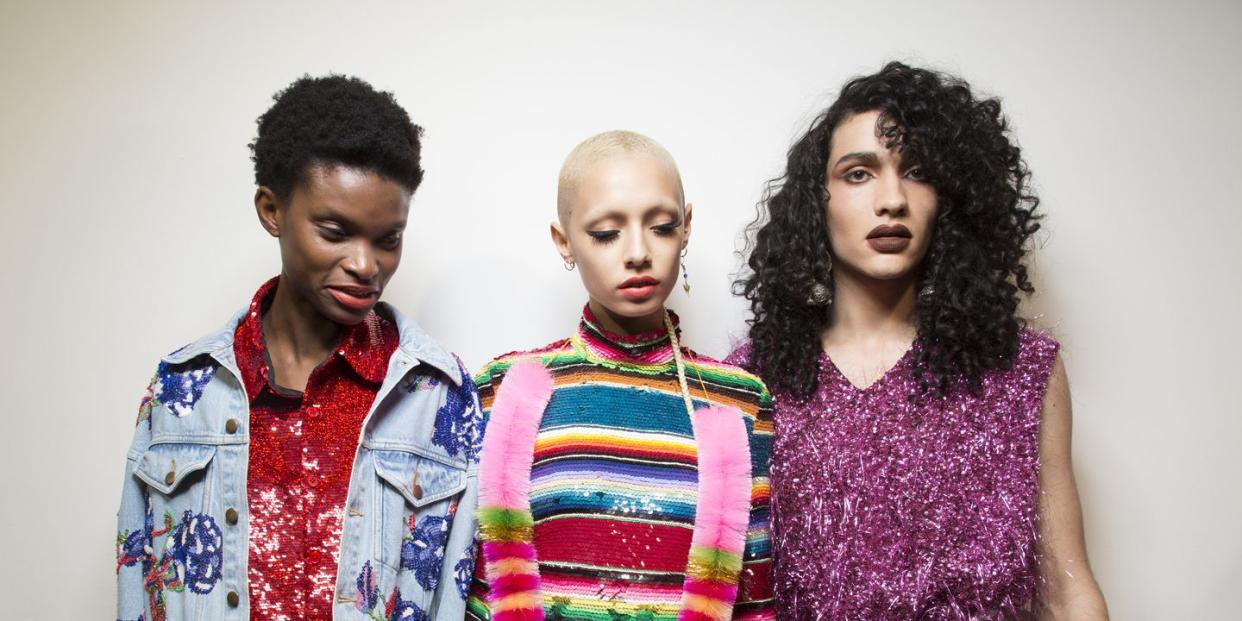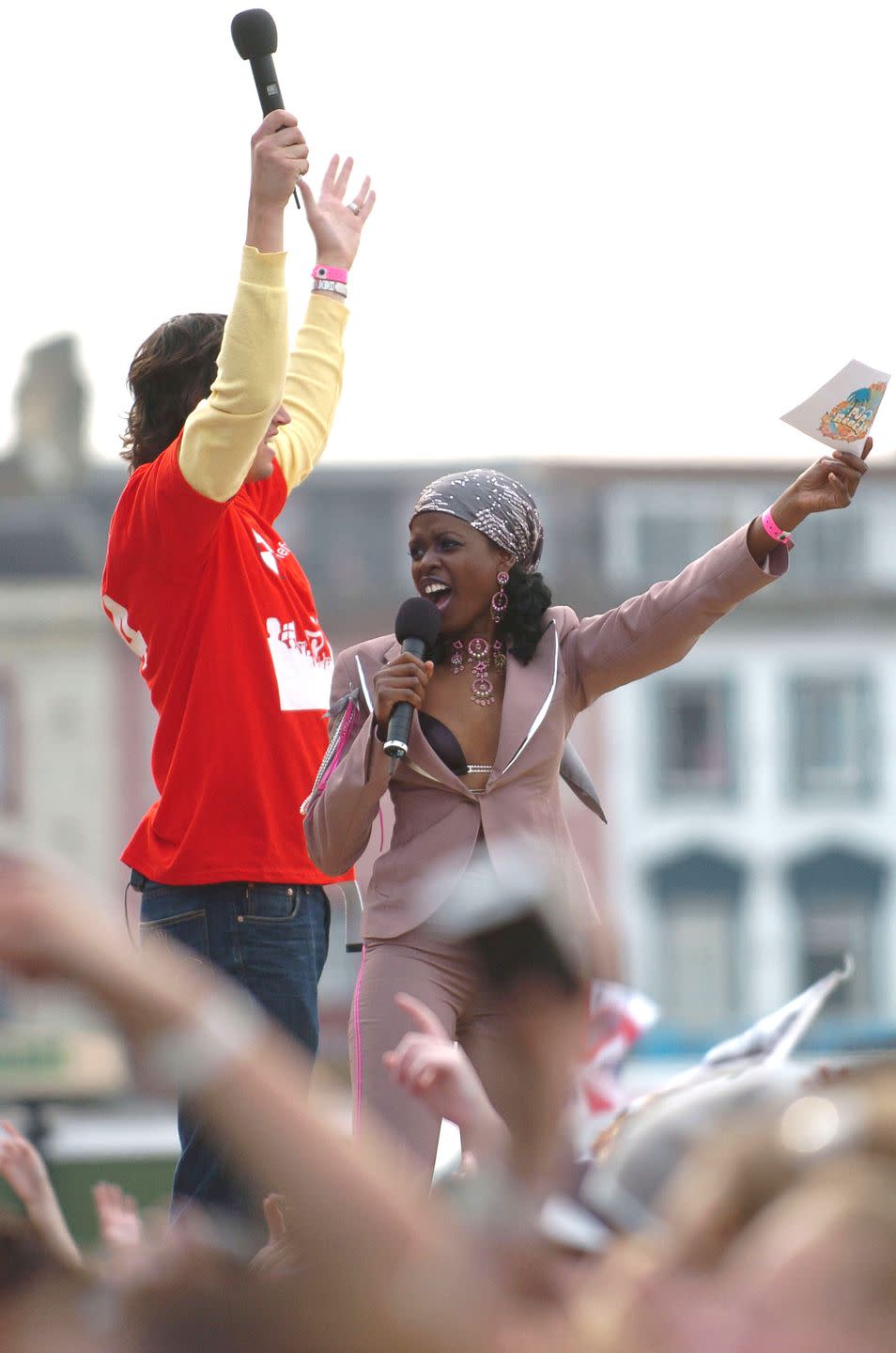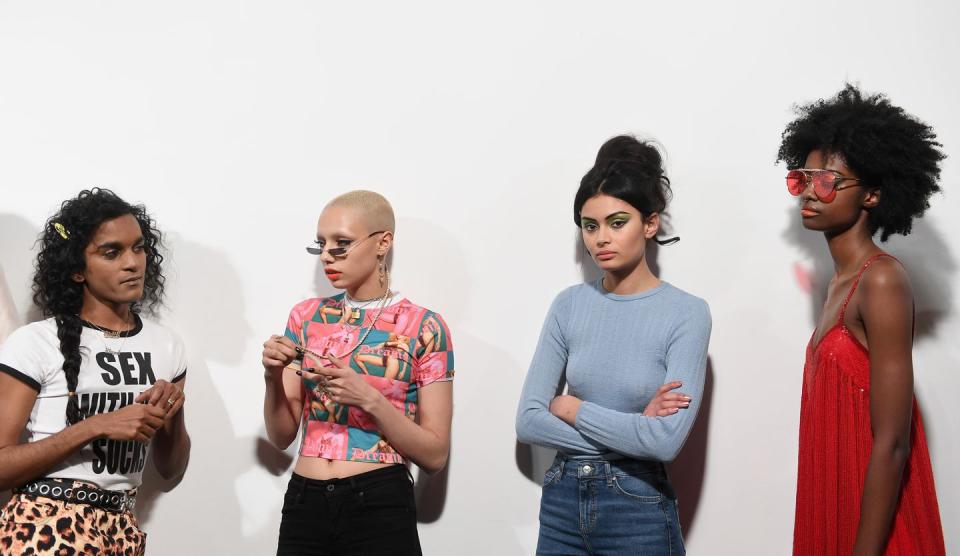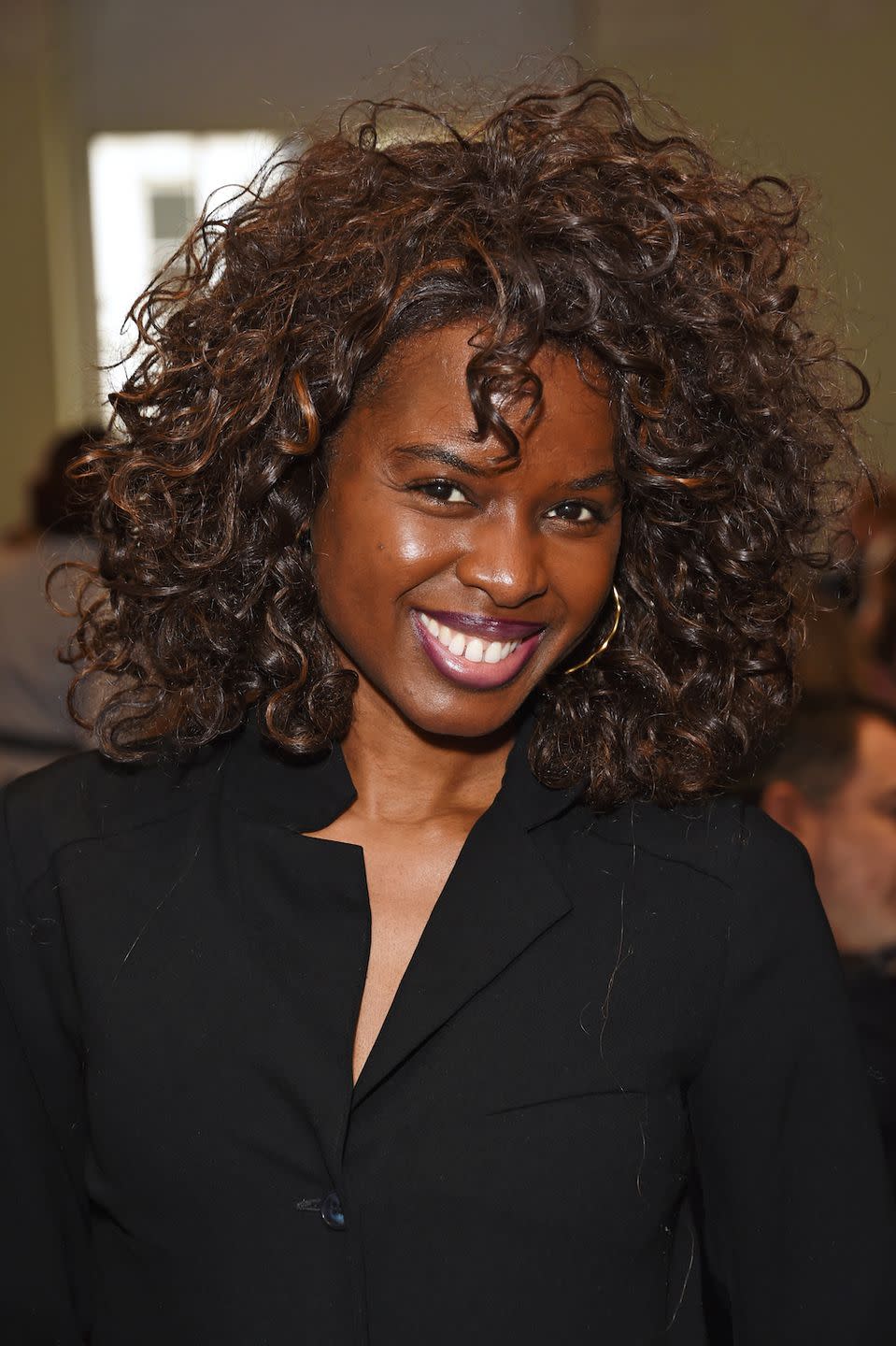Intersectionality: making ALL women equal

"As we celebrate the centenary of female suffrage in the UK, and the explosion of the Me Too and Time’s Up movements, there has been a glorious uprising of women everywhere. This recent, pronounced cultural shift has redefined gender relations at work and elsewhere. The importance of gender parity in pay and also in opportunity has become front page news, and we're focusing on gender divisions at every level.
"Research shows equal pay is not just good for women - who should be fairly rewarded for their labou - but also economically beneficial to global GDP. This was clearly outlined in McKinsey’s 'Power of Parity' report, which found that if women participated in the global economy identically to men, it would add an extra $28 trillion, or 26 percent, to annual global GDP by 2025, a statistic comparable with the size of the US and Chinese economy combined.

"In short, when we give women equal opportunities to enter the work force and be rewarded fairly for their efforts, we all get richer.
But are we still letting some women down?
While the fight for pay parity is important, we often fail to acknowledge that the fight for equality is different for different women.
"We too often forget about the need for intersectionality - and the need to fight other forms of discrimination that women can face by virtue of not being white, heterosexual, able bodied, upper/middle class or being born in a Western country.
"We can’t justifiably announce the fight for equality has been won until we fully address that opportunities for women differ wildly based on circumstances that are just as arbitrary as gender.
"One woman's fight for parity is not always the same as another's and we all need to acknowledge each other's different struggles.

"When women unite across these boundaries and find common purpose without ignoring the specific challenges that 'other' women face, they are able to bring together the rich diversity of talent to address inequality in all its guises.
"The fight for gender parity must be inclusive and intersectional, which is something Gloria Steinem and Dorothy Pittman Hughes understood when they co-founded Ms Magazine during the feminist movement of the 1970s.
This was decades before the term 'intersectionality' had even been coined. Gloria Steinem credited African American women with getting feminism started in the US.
“I thought they invented the feminist movement. I know we all have different experiences, but I learned feminism disproportionately from black women,” she said in an interview with Black Enterprise.
"Working together, Steinem and Pitman Hughes were able to reach wider audiences and were incredibly successful in advancing the cause of second-wave feminism. The current movement's failure to fully embrace a wider cross section of women will weaken its impact.
What is your role?
"As feminist, you cannot and must not only fight for women from your own socio-economic or cultural background.
"There is a hierarchy of inclusion in society and it’s imperative we are all aware of where we are on the ladder and do our utmost to give a hand-up to those who are a few steps lower down.
"And you must not do this from a position of pity or superiority, but rather from a place off solidarity and sisterhood.
"So, if you’re an upper-class white woman consider: are you being inclusive of working class women? If you’re an able bodied heterosexual woman of colour, are you being mindful of disabled or trans women?
"Obviously, the whole point of intersectionality is that there are many women who will fall into multiple categories. I myself fall into three (black, female & working class) and I was disabled as a teenager.
"In order for this movement to be sustainable, we must be united. Divisions between women (from birth) and transgender women, or between white feminists and black feminists damages the moment we've created for ourselves. By being inclusive and appreciating intersectionality, women can lead the way in how to work together towards parity for all sections of society. These are some of the themes I explore in my book Diversify.
"The year 2018 is not just the year for women to become equal to men, it is the moment for women to take on the challenges and find solutions for the problems that have so far eluded 'Mankind'.
So don't forget to play your part."

Diversify: Six Degrees of Integration by June Sarpong is published by HQ HarperCollins, Diversify.org
You Might Also Like

